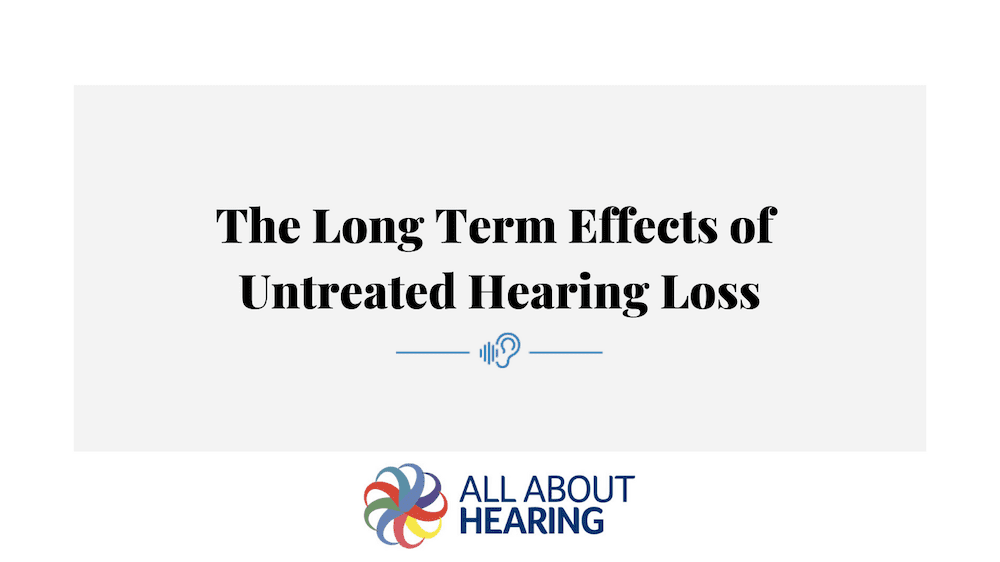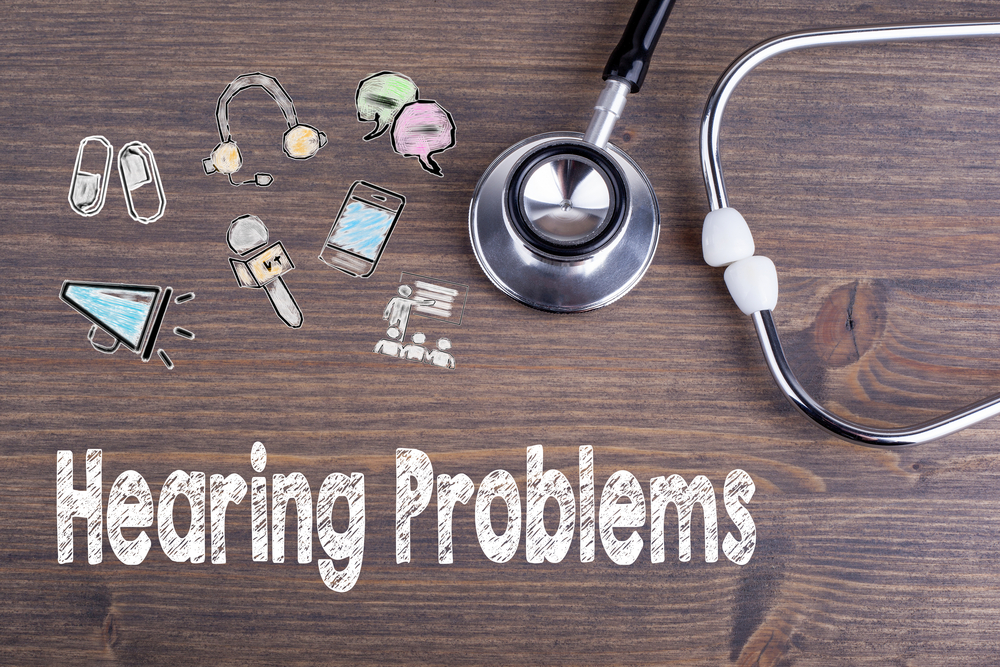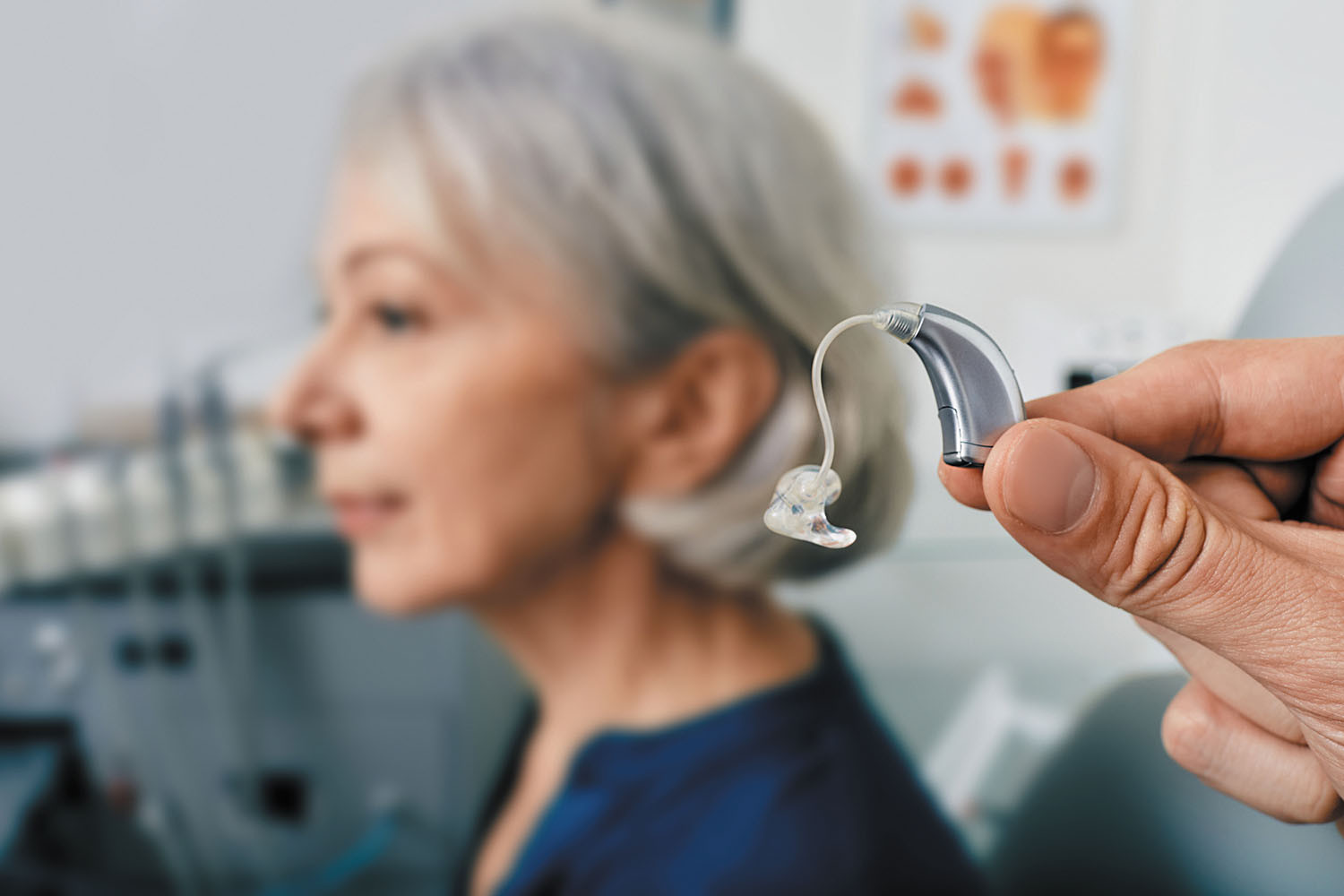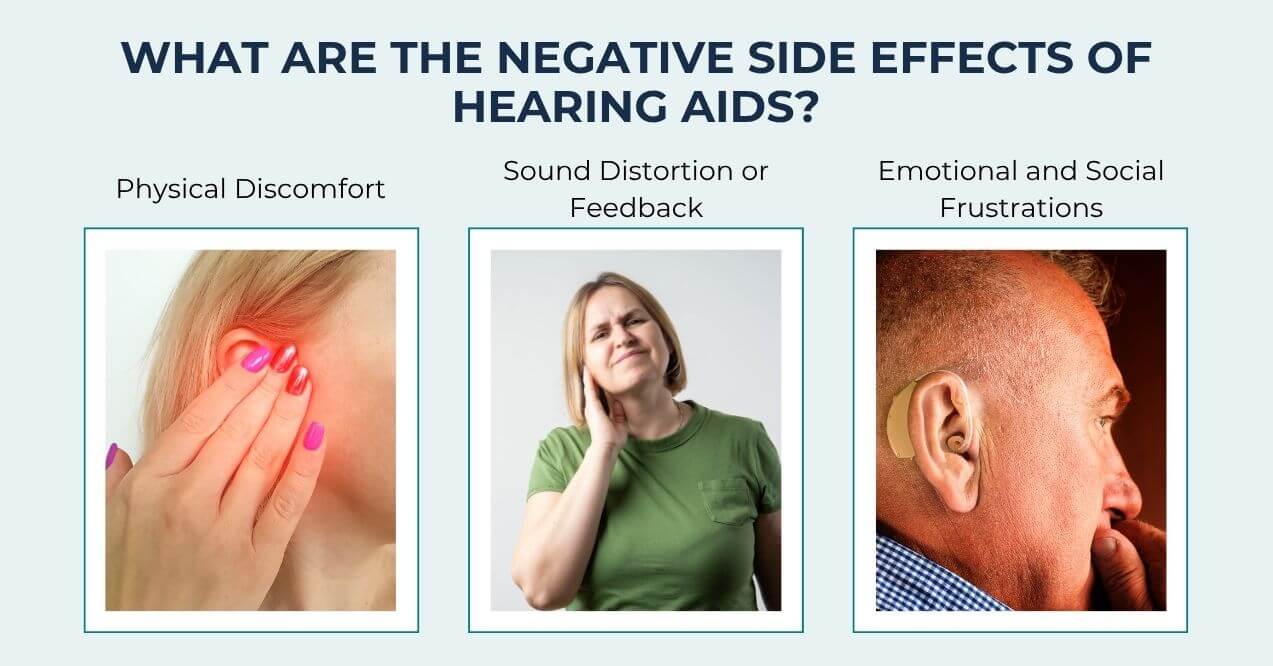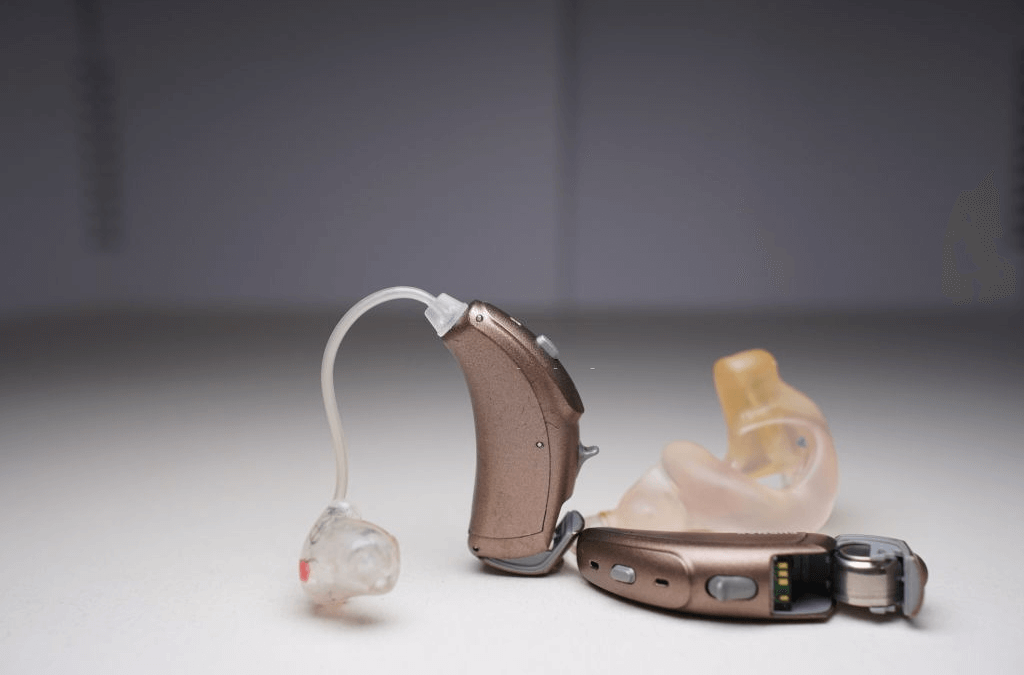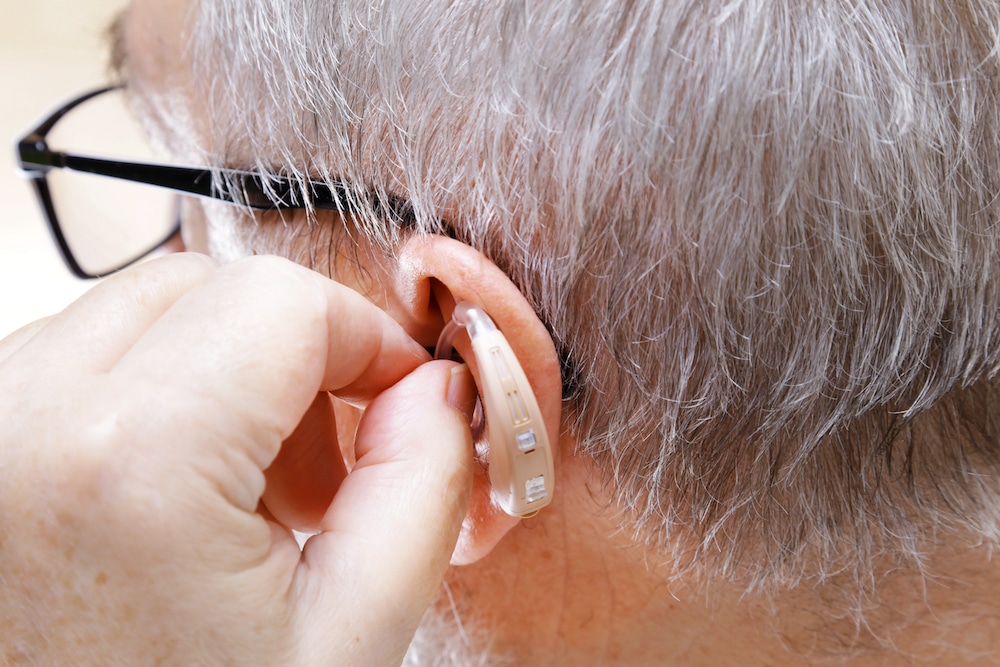Long Term Effects Of Hearing Aids
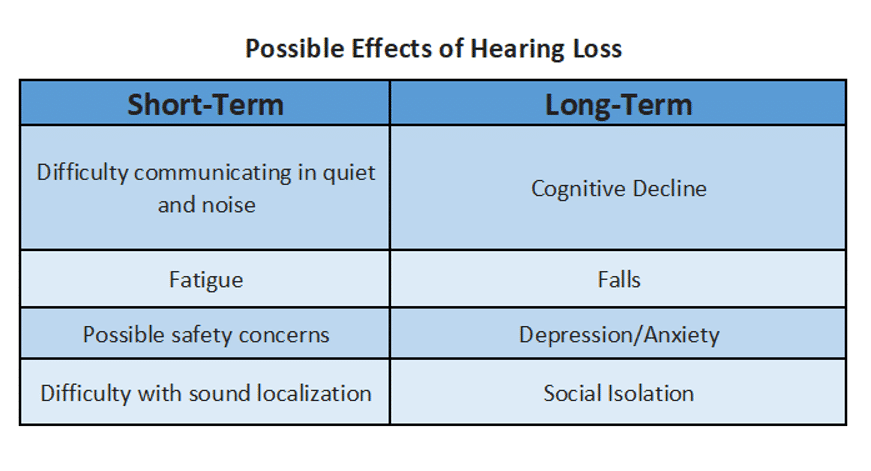
The aroma of freshly brewed coffee mingled with the soft murmur of conversation. Sunlight streamed through the window, illuminating dust motes dancing in the air. Across the table, Eleanor, her silver hair pulled back in a neat bun, leaned forward, her eyes sparkling with genuine joy as she recounted a recent trip to the symphony, a trip she almost didn't make. "I hadn't realized," she said, her voice a little husky, "how much I was missing."
Hearing aids are often viewed as simply devices to amplify sound, but the long-term impact extends far beyond volume. They play a critical role in maintaining cognitive function, social engagement, and overall quality of life, preventing the detrimental effects of untreated hearing loss.
The Quiet Decline: Understanding Untreated Hearing Loss
Hearing loss is a pervasive issue, affecting millions worldwide. The World Health Organization estimates that over 1.5 billion people globally live with some degree of hearing loss. Yet, a significant portion of these individuals remain undiagnosed and untreated.
Untreated hearing loss isn’t just about missing sounds. It has profound consequences for mental and emotional well-being.
Studies have linked it to increased rates of depression, anxiety, and social isolation. The cognitive strain of constantly trying to understand conversations can also accelerate cognitive decline.
The Cognitive Connection
The link between hearing loss and cognitive decline is a growing area of research. A landmark study by Johns Hopkins Medicine found that older adults with hearing loss were significantly more likely to develop dementia compared to those with normal hearing. The study, published in 2011, followed 639 individuals for nearly 12 years.
One theory suggests that the brain, deprived of auditory input, begins to reorganize itself, diverting resources away from cognitive functions like memory and attention. Another posits that the social isolation often associated with hearing loss contributes to cognitive decline.
Dr. Frank Lin, a leading researcher in the field, stated in a Johns Hopkins press release: "Hearing loss is potentially a modifiable risk factor for dementia." This highlights the crucial role of early intervention.
Social Isolation and Emotional Well-being
The impact of hearing loss on social interactions can be devastating. Imagine constantly asking people to repeat themselves, missing jokes, or feeling excluded from conversations. These experiences can lead to frustration, embarrassment, and a gradual withdrawal from social activities.
Eleanor recalls feeling increasingly isolated before getting hearing aids. "I stopped going to book club because I couldn't follow the discussions," she explained. "I felt like I was always on the outside looking in."
Social isolation, in turn, can contribute to feelings of loneliness and depression. Studies have shown a strong correlation between social isolation and increased risk of cardiovascular disease and other health problems.
The Power of Amplification: Long-Term Benefits of Hearing Aids
Hearing aids offer a powerful solution to mitigate the negative effects of hearing loss. They restore access to sound, allowing individuals to reconnect with their environment and their loved ones.
The benefits extend far beyond simply hearing better. They encompass improved cognitive function, enhanced social engagement, and a significant boost in overall quality of life.
Cognitive Enhancement: Sharpening the Mind
Research suggests that hearing aids can play a vital role in preserving cognitive function. By providing auditory stimulation, they help to keep the brain engaged and active.
A study published in the Journal of the American Geriatrics Society found that hearing aid use was associated with slower rates of cognitive decline in older adults. The study followed over 3,700 participants for 25 years.
Moreover, the use of hearing aids can reduce the cognitive load associated with straining to hear. This allows the brain to allocate more resources to other cognitive tasks.
Social Reintegration: Reconnecting with the World
Hearing aids can dramatically improve social interactions. By making it easier to understand conversations, they enable individuals to participate more fully in social activities.
Eleanor, after getting her hearing aids, immediately rejoined her book club. "It's wonderful to be able to follow the discussions again," she said, beaming. "I feel like I'm part of the group again."
Increased social engagement can lead to improved mood, reduced feelings of loneliness, and a greater sense of purpose. It can also strengthen relationships with family and friends.
Improved Quality of Life: A Holistic Approach
Ultimately, the long-term benefits of hearing aids translate into a significant improvement in overall quality of life. Individuals with hearing aids often report feeling more confident, independent, and engaged in life.
They are better able to enjoy activities they once found challenging, such as attending concerts, going to the movies, or dining in restaurants. This leads to a greater sense of fulfillment and well-being.
A study by the Hearing Industries Association found that hearing aid users reported significant improvements in their social life, emotional well-being, and overall physical health.
Beyond Amplification: The Evolution of Hearing Aid Technology
Modern hearing aids are far more sophisticated than the bulky devices of the past. They are equipped with advanced features such as noise reduction, directional microphones, and Bluetooth connectivity.
These features enhance the listening experience and make hearing aids more comfortable and user-friendly. They also allow users to connect their hearing aids to smartphones, televisions, and other electronic devices.
Artificial intelligence is also playing an increasing role in hearing aid technology. AI algorithms can learn and adapt to a user's listening environment, providing personalized sound processing.
The Future of Hearing Healthcare
The future of hearing healthcare is focused on early detection, personalized treatment, and accessibility. Efforts are underway to raise awareness about the importance of regular hearing screenings.
Telehealth and remote audiology services are also expanding access to hearing healthcare, particularly in rural and underserved areas. This allows individuals to receive hearing tests and hearing aid fittings from the comfort of their own homes.
Furthermore, researchers are exploring new treatments for hearing loss, including regenerative therapies that could potentially restore hearing. These advances offer hope for a future where hearing loss is less of a barrier to communication and connection.
A Sound Investment: Taking Control of Your Hearing Health
Investing in hearing aids is an investment in your cognitive health, social well-being, and overall quality of life. It's a proactive step towards maintaining an active and engaged lifestyle.
If you suspect you may have hearing loss, it's important to seek professional help. An audiologist can conduct a hearing test and recommend the best course of treatment.
Don't let hearing loss hold you back from living your life to the fullest. Take control of your hearing health and rediscover the joy of sound.
Eleanor smiled, a touch of wistfulness in her eyes. "I wish I hadn't waited so long," she confessed. "But now that I have them, I can't imagine life without my hearing aids. They've given me back my world."

